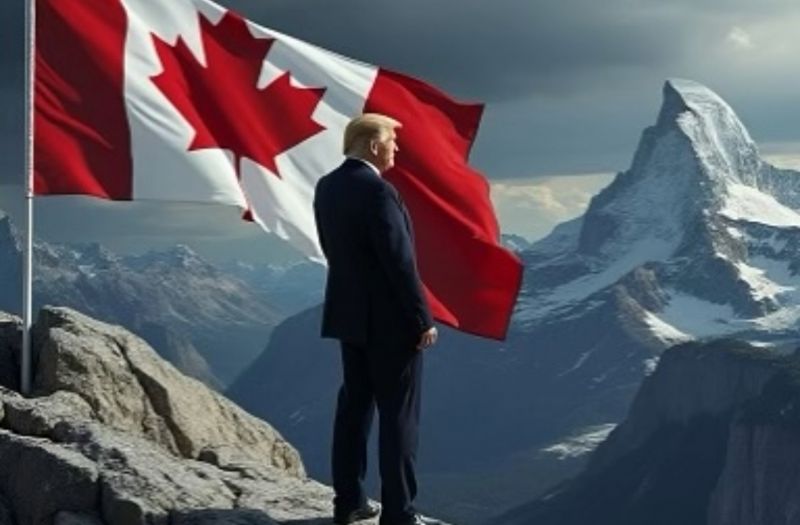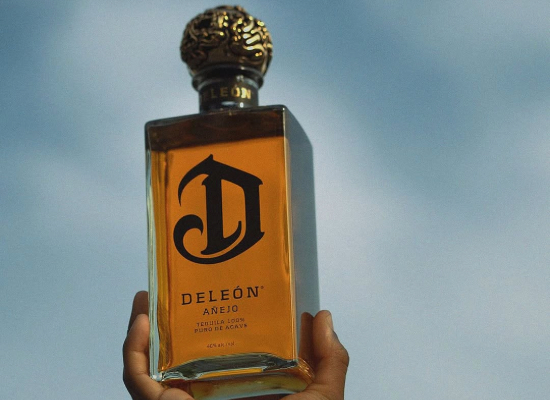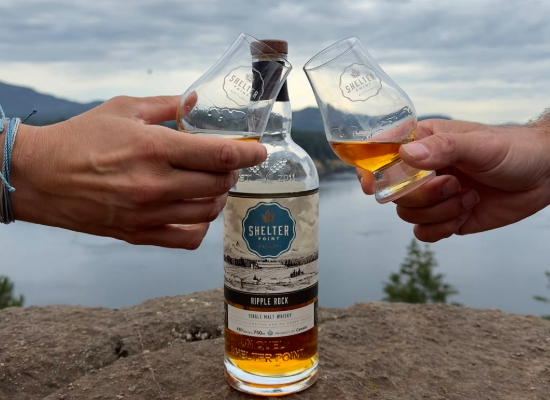Educating Bartenders Worldwide.
By Beverage Trade Network

President-elect Donald Trump recently proposed plans to impose a 25% tariff on all imports from Mexico and Canada. The move, he claims, is aimed at addressing border security issues, particularly the flow of drugs like fentanyl and illegal immigration. His statement read: “This tariff will remain in effect until such time that drugs, in particular fentanyl, and all illegal aliens stop this invasion of our country.”
While this proposal aligns with Trump’s hardline stance on immigration and border policies, it raises significant concerns within the beverage industry. From tequila to Canadian whisky, some of the most iconic drinks enjoyed in the U.S. could see substantial price increases, rippling across bars, restaurants, and retailers nationwide. To understand the potential impact of these tariffs, Bartenders Business explored the issue further, examining perspectives from industry leaders, economists, and trade analysts.
The U.S. is the largest market for Mexican tequila and mezcal, importing $4.6 billion worth of tequila and $108 million worth of mezcal in 2023 alone, according to PBS News. It has become America’s third-most-popular spirit, fueling a thriving cocktail culture centered around margaritas and high-end sipping tequilas.
Also read: What Will a Profitable Cocktail List in 2025 Look Like?
As reported by USA Today, Chris Swonger, President & CEO of the Distilled Spirits Council, highlighted the broader implications: “A tariff battle over spirits can affect farmers, bartenders, restaurant owners, package stores, and ultimately, the American economy.” He referenced the significant decline in American whiskey exports during Trump’s previous tariff battles, emphasizing the dangers of retaliatory actions by trade partners like Mexico and Canada.

Image: Diageo’s Deleón Añejo, a tequila from Mexico that won the Tequila of the Year title at the 2024 Bartender Spirits Awards (source)
The proposed tariffs also target Canadian whisky, another staple in the U.S. market. Brands like Crown Royal, produced by Diageo, dominate the category, according to Barclays Investment Bank. As per The Spirits Business, analysts at UBS estimate that a 25% tariff could shave 4% off Diageo’s earnings before interest and tax if the cost is fully absorbed.
Despite Trump’s assertion that “tariffs cost Americans nothing” during his appearance on NBC News’ Meet the Press, economists widely agree that the costs are typically passed on to consumers. Bump Williams, the renowned consultant for the alcoholic beverage industry, told USA Today, “All beverage alcohol products imported from Mexico and Canada would potentially carry higher retail prices for consumers if the tariffs were in place.” This means that iconic beverages like margaritas made with tequila or cocktails featuring Canadian whisky could see price hikes, affecting consumer spending patterns.

Image: Shelter Point Ripple Rock, a Canadian whisky that won a gold medal at the 2024 Bartender Spirits Awards (source)
Mexico’s Secretary of Economy, Marcelo Ebrard, warned of potential retaliatory tariffs on U.S. exports. In an interview with the Mexican radio channel Radio Formula, he stated, “If you put 25% tariffs on me, I have to react with tariffs,” emphasizing the economic cost such moves could bring to the North American economy. In previous tariff disputes, the European Union’s retaliatory tariffs on American whiskey led to a 20% decline in exports to the EU between 2018 and 2021.
The Distilled Spirits Council of the U.S. emphasized the economic implications, stating, “Slapping a tariff on tequila and Canadian whisky will not boost American jobs simply because they cannot be produced in the United States. The U.S. spirits sector continues to experience a slowdown.”
The council further noted that under the United States-Mexico-Canada Agreement (USMCA), tequila and Canadian whisky are designated as distinctive products, much like bourbon, meaning they can only be produced in their respective countries of origin. This unique designation underscores why tariffs on these spirits will not create American jobs—there’s simply no way to replace them with domestically produced equivalents.
Also read: Top Bourbons to Warm Up Your Fall Cocktails: Expert Picks for 2024
[[relatedPurchasesItems-31]]
In conclusion, Trump’s proposed 25% tariffs on Mexican and Canadian imports could trigger widespread economic repercussions, particularly within the beverage industry. With iconic products like tequila and Canadian whisky reliant on cross-border trade, these tariffs may lead to significant price increases for U.S. consumers.
Header image sourced from Donald Trump’s Instagram
Related Links
Spirits of Mexico: What to Expect Next
How Pour Costs and Profit Margins Impact the Profitability of Your Bar